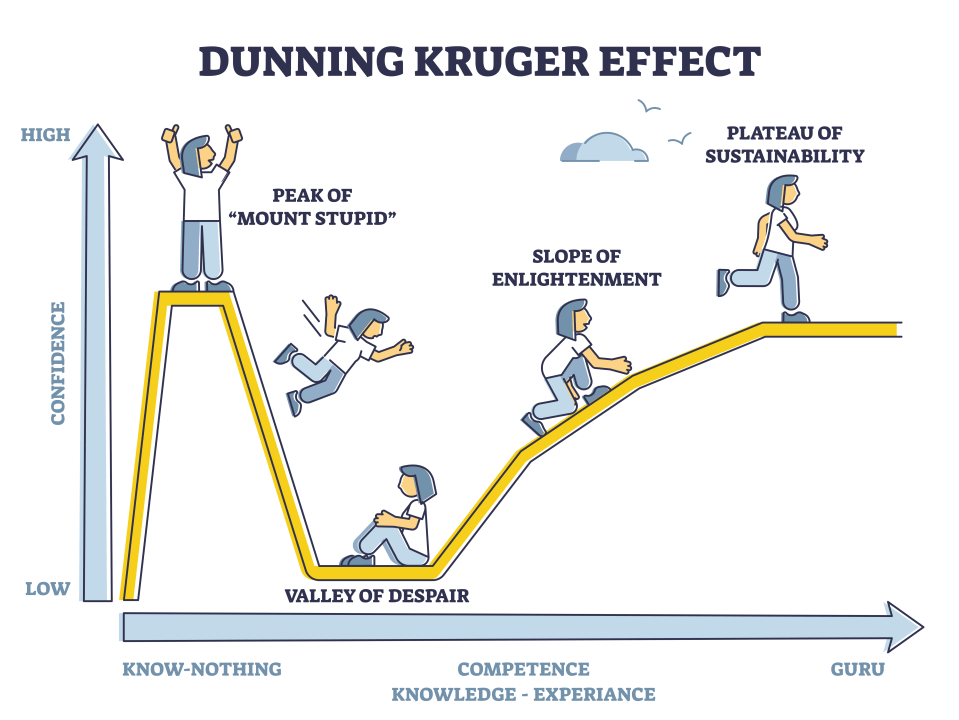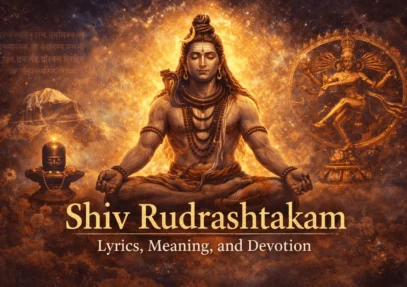What is the significance of the Big Bang theory?
A solar eclipse occurs when the Moon passes between the Earth and the Sun, blocking the Sun's light either partially or completely for a short period. This phenomenon can only take place during a new moon, when the Sun, Moon, and Earth align in a straight or nearly straight line, a condition known aRead more
A solar eclipse occurs when the Moon passes between the Earth and the Sun, blocking the Sun’s light either partially or completely for a short period. This phenomenon can only take place during a new moon, when the Sun, Moon, and Earth align in a straight or nearly straight line, a condition known as syzygy.
Types of Solar Eclipses:
- Total Solar Eclipse:
- The Moon completely covers the Sun, casting a shadow (umbra) on a small part of Earth.
- Observers within the path of totality experience a few minutes of darkness during the day.
- Partial Solar Eclipse:
- The Moon partially covers the Sun, leaving part of the Sun visible.
- This type is visible from regions outside the path of totality.
- Annular Solar Eclipse:
- The Moon appears smaller than the Sun and does not completely cover it, leaving a “ring of fire” visible around the edges.
- Hybrid Solar Eclipse:
- A rare type that shifts between a total and an annular eclipse depending on the observer’s location.
Key Features:
- Umbra: The darkest part of the Moon’s shadow, where a total eclipse can be observed.
- Penumbra: The lighter outer part of the shadow, where a partial eclipse is visible.
- Path of Totality: The narrow path on Earth where a total solar eclipse can be seen.
Safety Precaution:
Never look directly at the Sun during a solar eclipse without proper eye protection, such as solar viewing glasses, as it can cause permanent eye damage.
Solar eclipses are fascinating celestial events that have been observed and studied throughout history, often sparking cultural and scientific interest.
See less








The Big Bang theory is a scientific theory that explains the origin and evolution of the universe. It's important because it: Explains the universe's expansion The theory explains how the universe expanded from an extremely hot and dense state to the cooler and less dense state it is in today. ExplaRead more
The Big Bang theory is a scientific theory that explains the origin and evolution of the universe. It’s important because it:
See lessExplains the universe’s expansion
The theory explains how the universe expanded from an extremely hot and dense state to the cooler and less dense state it is in today.
Explains the presence of matter
The theory explains how the universe came to contain the matter and radiation that make up stars, planets, and galaxies.
Explains the physical laws
The theory explains the physical laws that govern the universe.
Explains the origin of hydrogen and helium
The theory explains where the hydrogen and helium in the universe came from.
The Big Bang theory is based on a combination of observations, mathematical modeling, and experimental evidence. The theory suggests that the universe began about 13.8 billion years ago in a singularity, a point of infinite heat and density. This singularity contained all the matter and energy that would eventually form the universe. The universe then expanded rapidly, faster than the speed of light, in a period known as cosmic inflation.